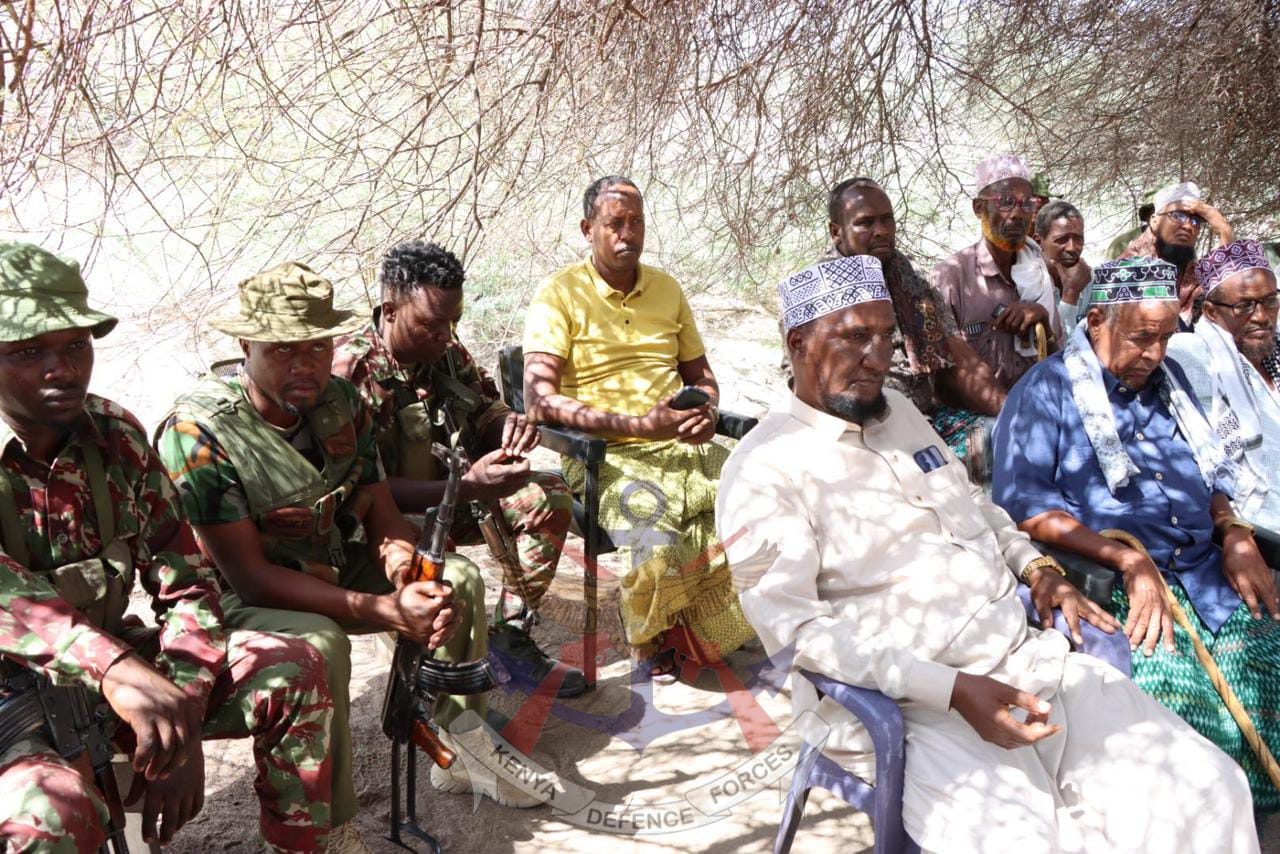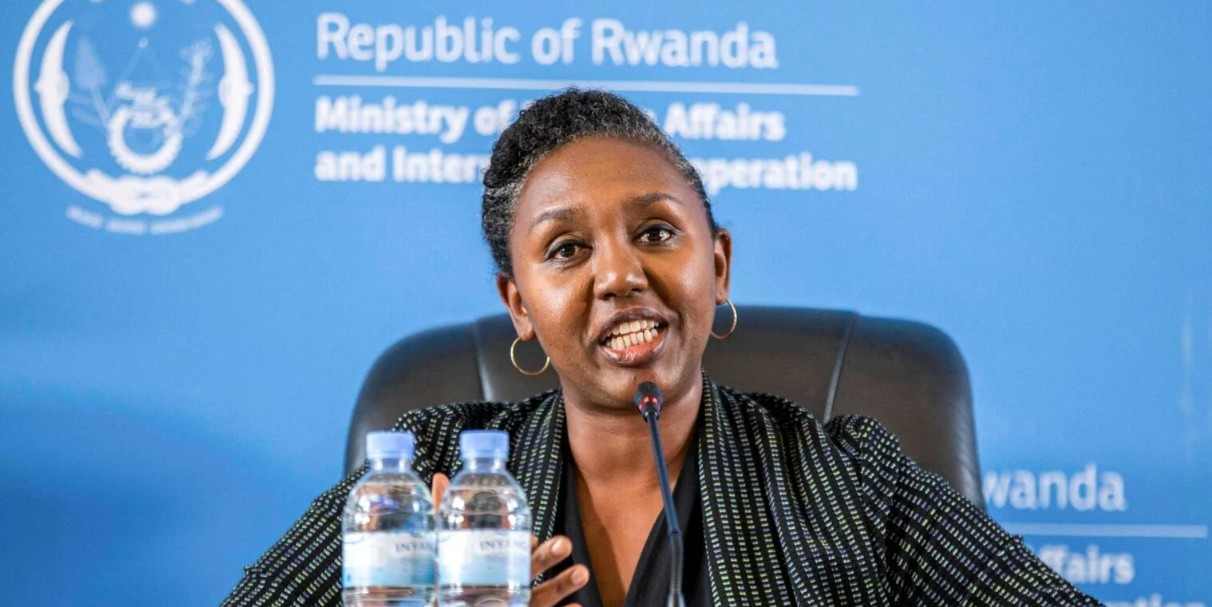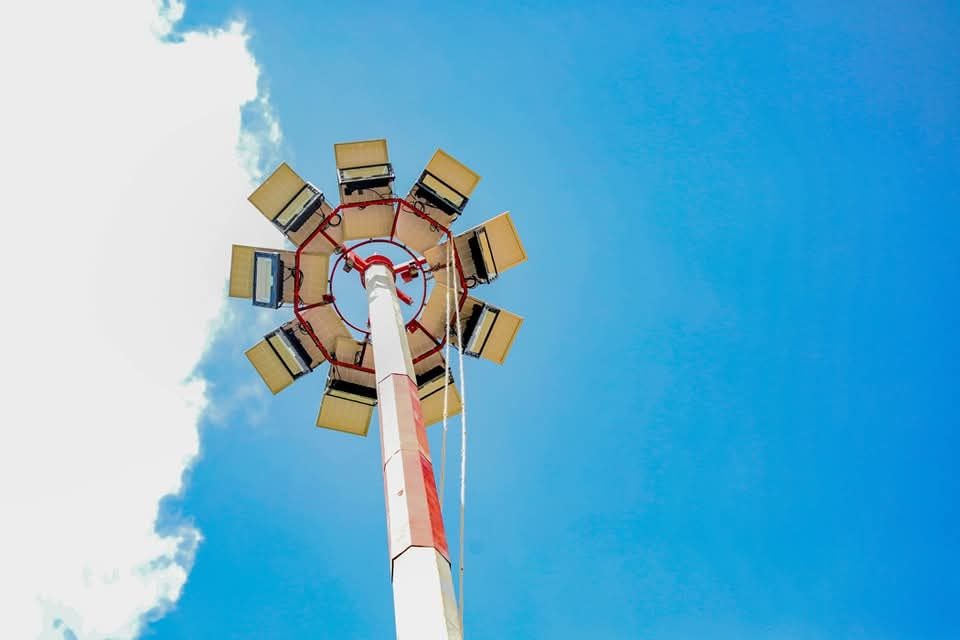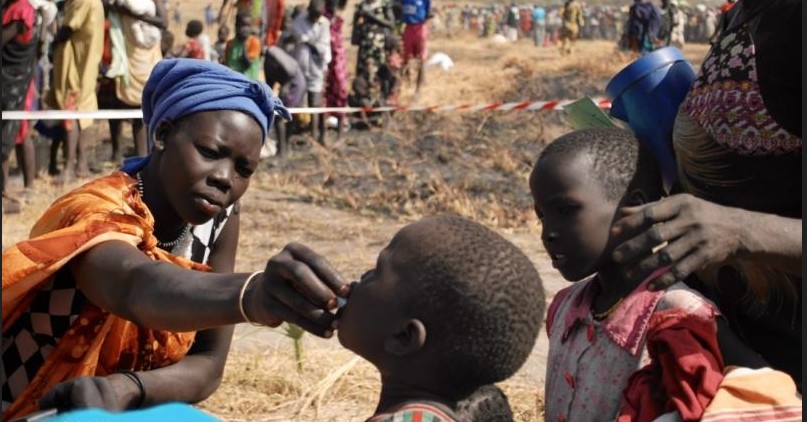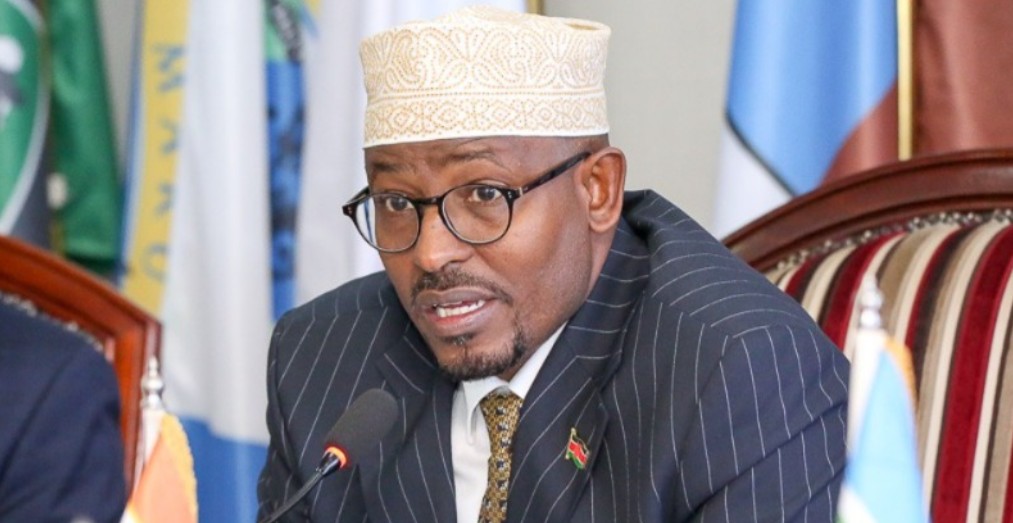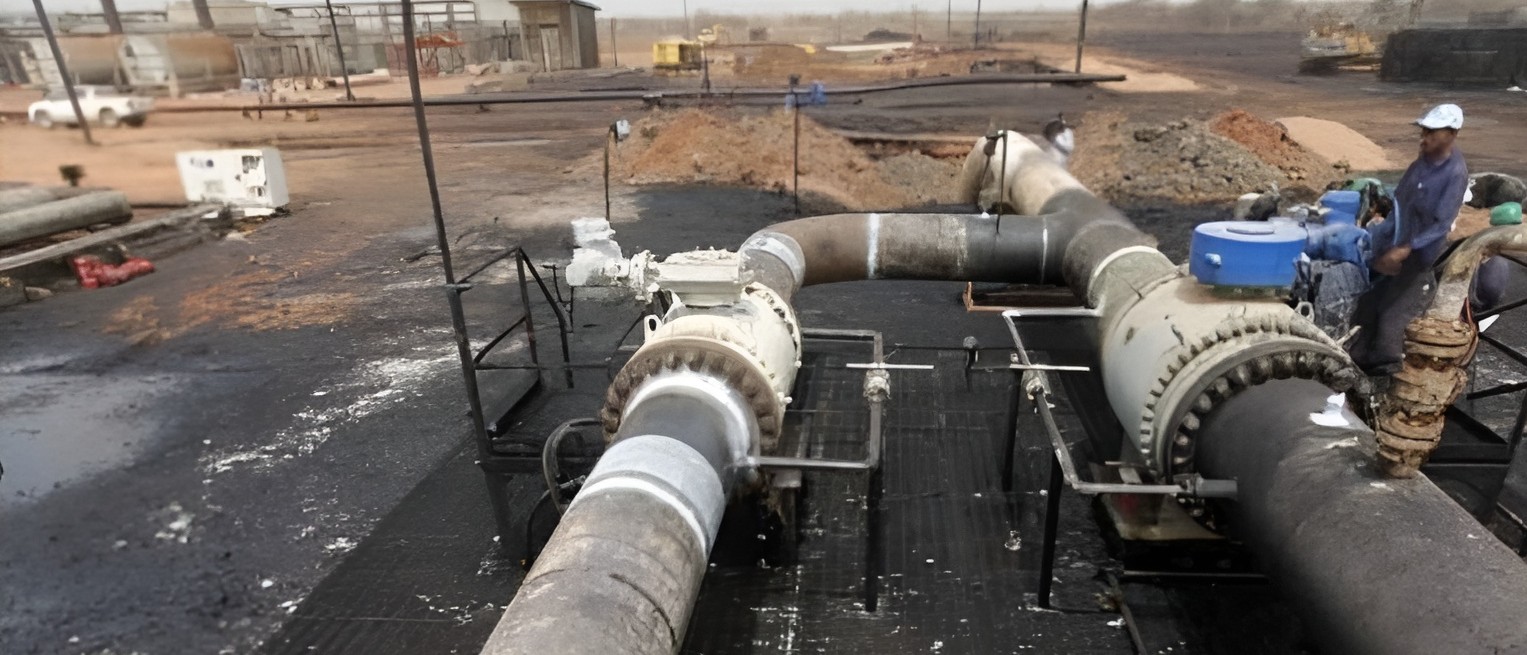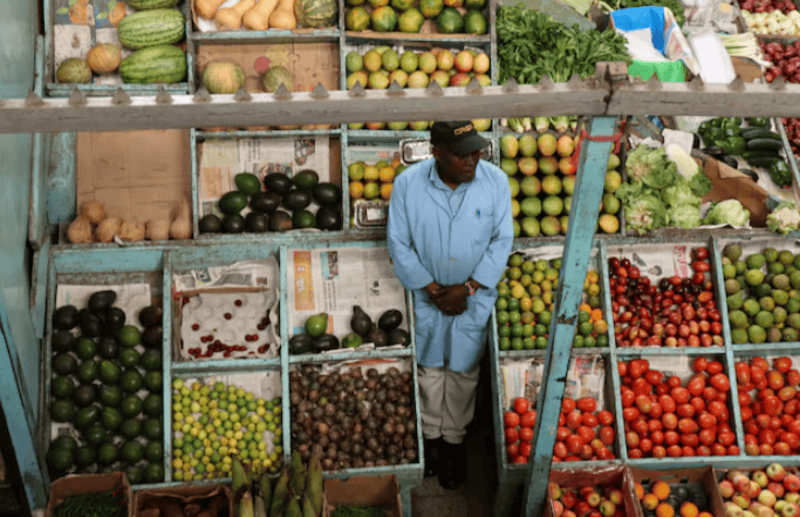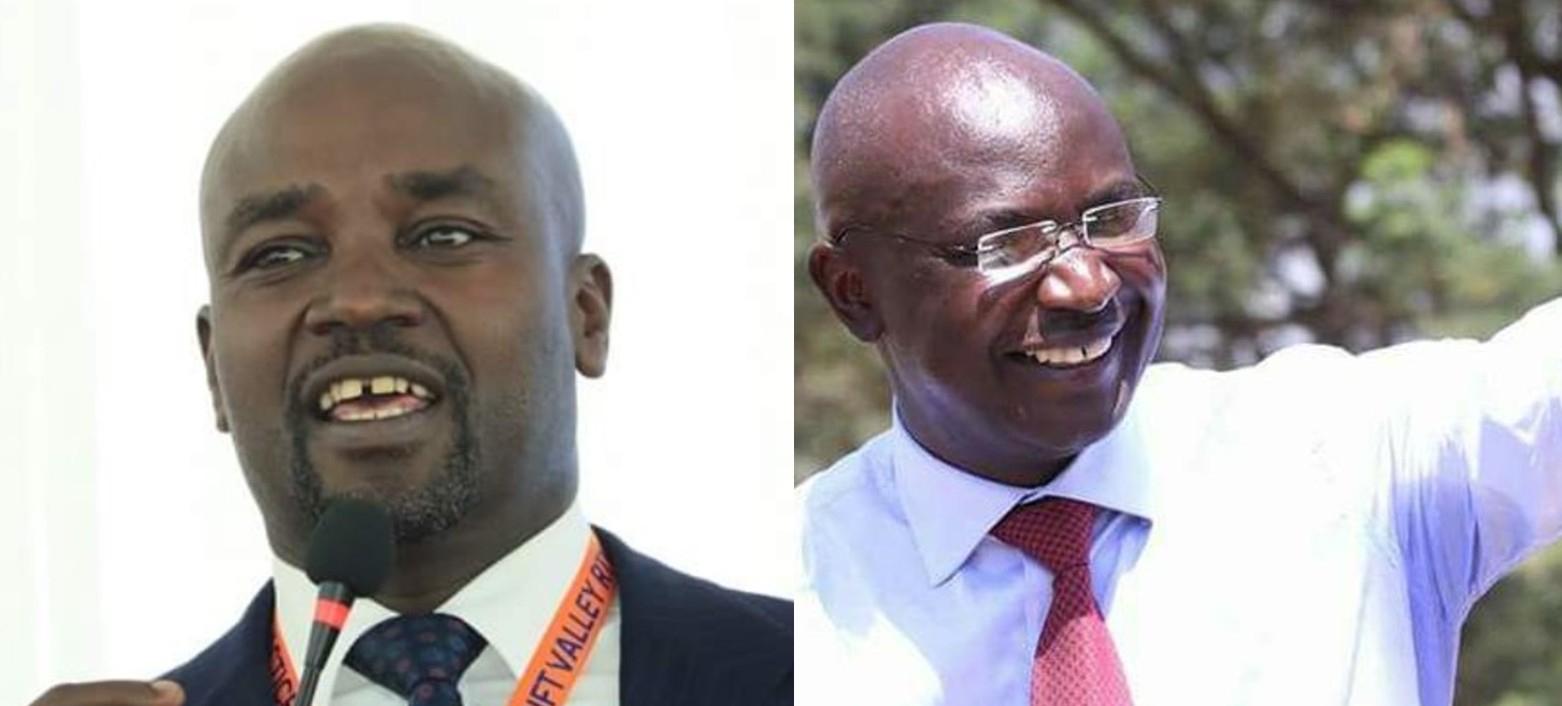WHO continues to urge China to share data five years after Covid-19
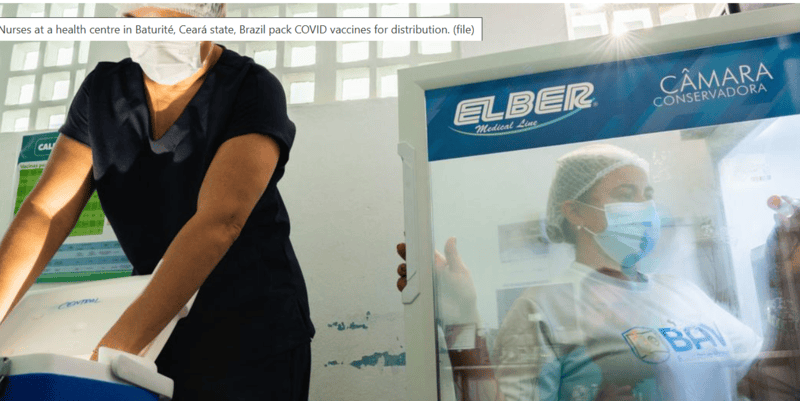
Worldwide, there have been 777,074,803 confirmed cases of the disease, which is caused by the SARS-CoV-2 virus, and more than seven million deaths.
This week, the World Health Organisation (WHO) reflected on Covid-19 and ongoing efforts to understand the disease, five years after its emergence.
WHO recalled that on 31 December 2019, its Country Office in China picked up a Wuhan Municipal Health Commission media statement on cases of “viral pneumonia” in the city from its website.
More To Read
- 'Yiwu Selection' store debuts in Nairobi, bringing Chinese brands closer to Kenyan consumers
- WHO Africa summit urges investment to end maternal mortality
- Hunger and disease in Gaza will only worsen from ‘man-made’ famine: WHO
- African governments urged to boost funding as NCD crisis deepens
- US suspends chikungunya vaccine after reports of severe side effects
- Heat stress on the rise, slashing work productivity by 2-3 per cent, report warns
“In the weeks, months and years that unfolded after that, Covid-19 came to shape our lives and our world,” the UN agency said on Monday.
Worldwide, there have been 777,074,803 confirmed cases of the disease, which is caused by the SARS-CoV-2 virus, and more than seven million deaths.
Share data and access
“We continue to call on China to share data and access so we can understand the origins of Covid-19,” WHO said.
“This is a moral and scientific imperative. Without transparency, sharing, and cooperation among countries, the world cannot adequately prevent and prepare for future epidemics and pandemics.“
In marking the five-year milestone, WHO also honoured lives lost to the disease, and recognised those who are still suffering from it or long COVID.
The agency also expressed gratitude to the health workers “who sacrificed so much to care for us, and commit to learning from Covid-19 to build a healthier tomorrow.”
Timeline of actions
WHO has published an interactive timeline of its response to Covid-19.
It said staff initiated emergency procedures on 1 January 2020 and informed the world three days later.
By 9 to 12 January, WHO had published its first set of comprehensive guidance for countries, and on 13 January, brought together partners to publish the blueprint of the first SARS-CoV-2 laboratory test.
“All along, we convened experts and ministries of health from around the world, gathered and analysed data, and shared what was reported, what we learned and what it meant for people,” the agency said.
Top Stories Today
